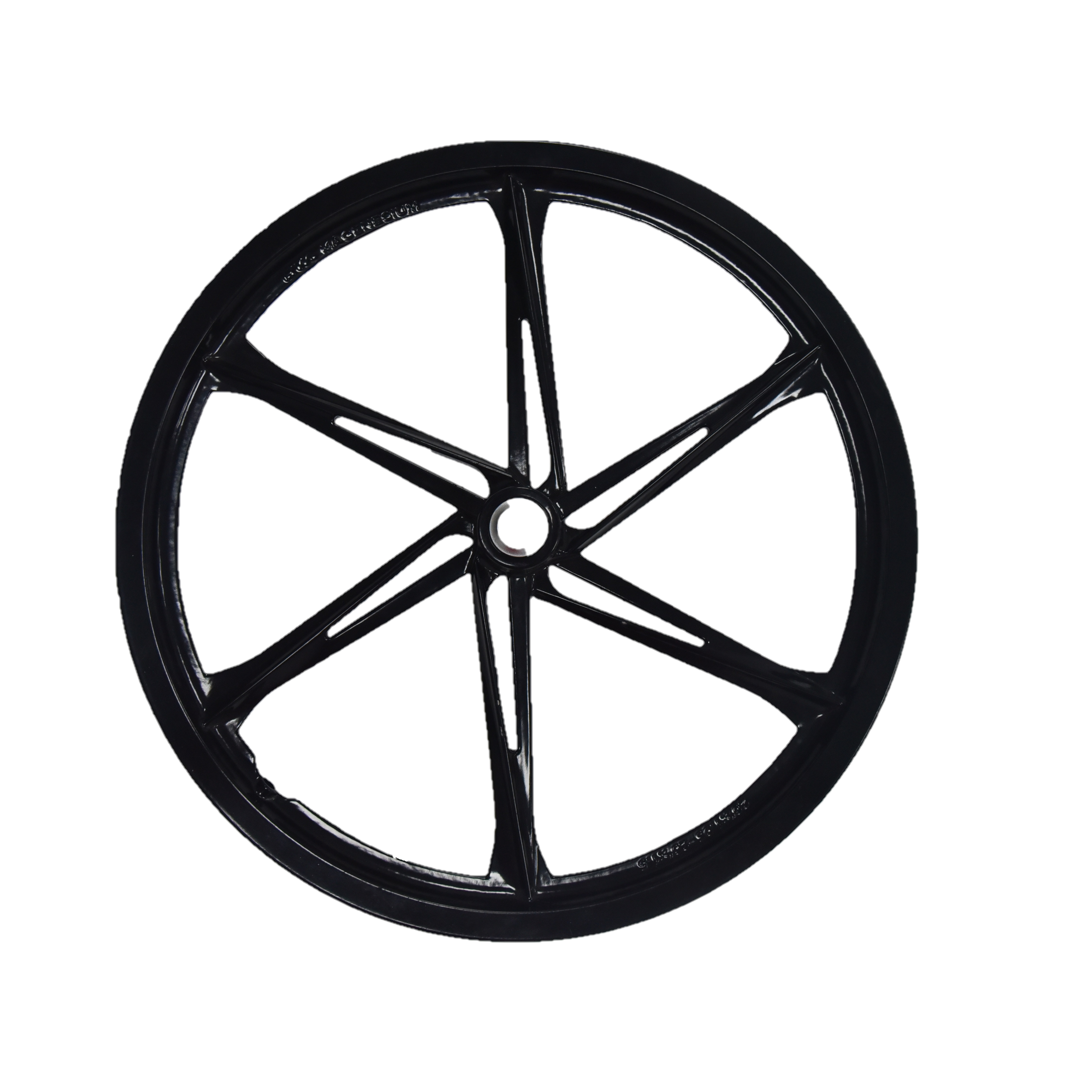Aluminum casting is a widely used manufacturing process that involves pouring molten aluminum into a mold to create a desired shape. This method is known for its versatility, cost-effectiveness, and ability to produce high-quality parts. In various industries, aluminum casting parts find applications in automotive, aerospace, construction, and many other sectors. This article will explore the benefits, applications, and manufacturing process of high-quality aluminum casting parts.
Benefits of Aluminum Casting:
1. Lightweight: Aluminum is known for its low density, making it an ideal material for applications that require lightweight yet strong components. This property is particularly advantageous in industries such as automotive and aerospace, where reducing weight can improve fuel efficiency and overall performance.
2. Corrosion Resistance: Aluminum has a natural oxide layer that provides excellent resistance to corrosion. This makes aluminum casting parts suitable for outdoor applications or in environments exposed to moisture, chemicals, or extreme temperatures.
3. High Strength-to-Weight Ratio: Despite being lightweight, aluminum casting parts offer high strength-to-weight ratio, making them a preferred choice for structural components. This allows manufacturers to design and produce parts that can withstand heavy loads while maintaining structural integrity.
4. Excellent Thermal Conductivity: Aluminum’s high thermal conductivity enables it to efficiently dissipate heat, making it suitable for applications where thermal management is crucial. This property is particularly important in the automotive industry, where aluminum casting parts are used in engines and heat exchangers.

Hot chamber die casting is a versatile and efficient manufacturing method, providing an excellent balance between precision, speed, and cost-effectiveness.
Applications of Aluminum Casting Parts:
1. Automotive Industry: Aluminum casting parts are extensively used in the automotive industry for engine blocks, cylinder heads, pistons, transmission cases, and various other components. The lightweight nature of aluminum helps in improving fuel efficiency and reducing emissions.
2. Aerospace Industry: The aerospace sector relies on aluminum casting parts for aircraft components such as wing ribs, engine components, landing gear parts, and structural components. Aluminum’s lightweight and high strength properties make it an ideal material for these critical applications.
3. Construction Industry: Aluminum casting parts find applications in the construction industry for architectural components, window frames, decorative elements, and structural frameworks. The combination of strength, corrosion resistance, and versatility make aluminum an excellent choice for these applications.
4. Electronics Industry: With the increasing demand for electronic devices, aluminum casting parts are used in the production of heat sinks, electronic enclosures, and housings. Aluminum’s thermal conductivity helps in dissipating heat generated by electronic components, ensuring their longevity and performance.
Manufacturing Process of Aluminum Casting Parts:
Aluminum casting parts are manufactured using a process called aluminum die casting. This process involves the following steps:
1. Mold Preparation: A mold, typically made of steel or thermal-resistant materials, is created based on the desired shape of the part. The mold consists of two halves, the cavity, and the core.
2. Melting and Pouring: Aluminum alloys with specific compositions are melted in a furnace. Once the molten aluminum reaches the desired temperature, it is poured into the mold cavity.
3. Solidification: The molten aluminum rapidly cools and solidifies inside the mold, taking the shape of the cavity. Cooling can be accelerated through the use of cooling channels within the mold.
4. Ejection and Finishing: Once the part has solidified, the mold is opened, and the casting is ejected. The casting may undergo finishing processes such as trimming, machining, or surface treatments to achieve the desired specifications and appearance.
Conclusion:
High-quality aluminum casting parts offer numerous benefits, including lightweight, corrosion resistance, high strength-to-weight ratio, and excellent thermal conductivity. These parts find applications in various industries, such as automotive, aerospace, construction, and electronics. The aluminum die casting process ensures precise and efficient manufacturing of these parts. With its versatility and cost-effectiveness, aluminum casting continues to be a preferred choice for diverse applications.
-

- Magnesium alloy die-casting LED display frame
-

- Magnesium alloy die casting auto parts transfer case
-

- OEM painevaletut osat ja komponentit
-

- Customized foundry products high precision die-casting parts for e-bike integrated frame
-

- OEM Die casting manufacturer produce magnesium alloy wheel for kids push bike
-

- Magnesium alloy foundry parts bicycle wheel with CNC machining & surface finishing

 0086-750-5616188
0086-750-5616188 +86 13392089688
+86 13392089688 sales@zhongmei-tech.com
sales@zhongmei-tech.com








